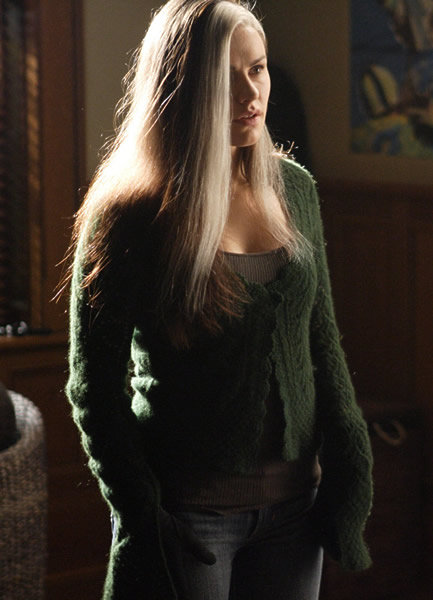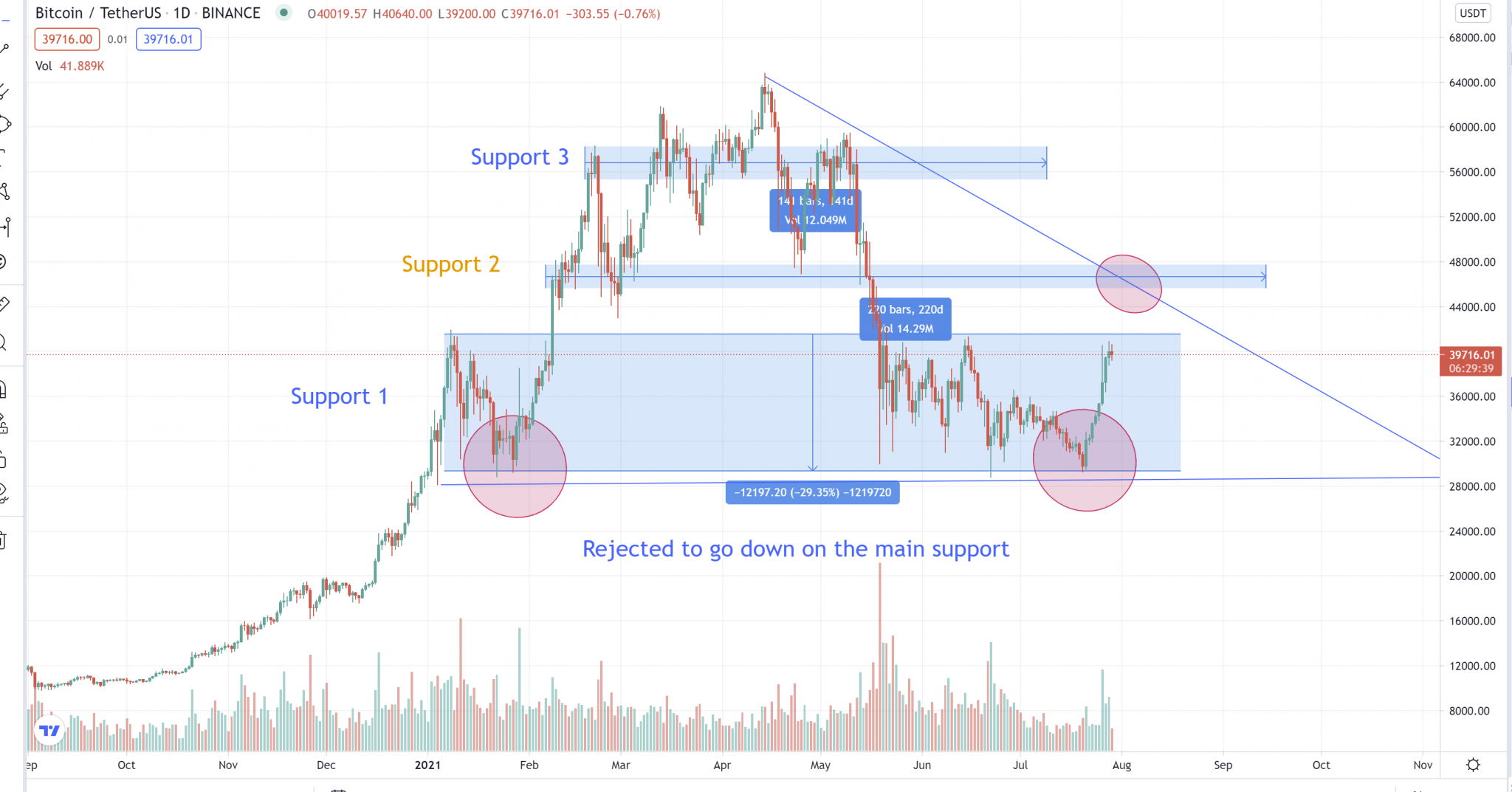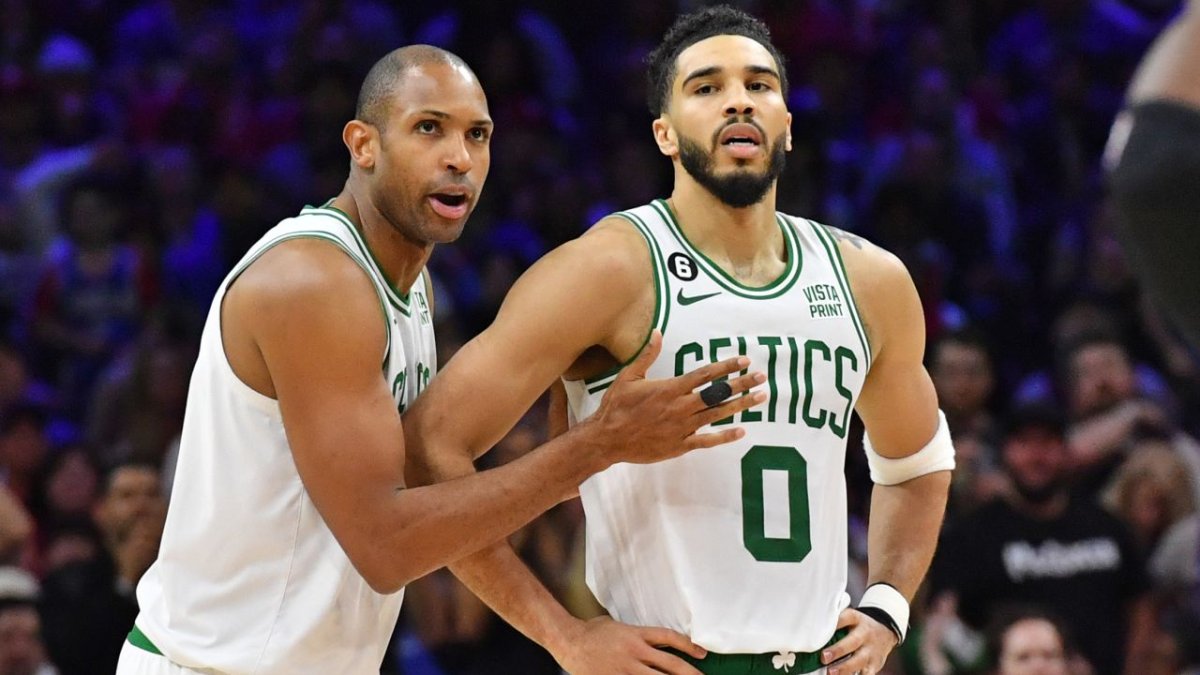Rogue: From Reluctant Mutant To Team Leader

Table of Contents
Rogue's Origin Story and Early Struggles
Rogue's life was defined by the burden of her uncontrollable mutant abilities. Her power to absorb the memories, physical strength, and even the life force of anyone she touches made her a danger to herself and others. This terrifying reality shaped her early experiences profoundly.
The Burden of her Power
- Early life experiences: Rogue's childhood was marked by instability and fear. Unable to control her powers, she inadvertently caused harm to those closest to her, leading to rejection and isolation. This constant fear of hurting others fueled her feelings of loneliness and self-loathing.
- Accidental harm caused: The unintentional consequences of her mutant abilities – draining the life force of loved ones – left her with a deep-seated sense of guilt and self-blame. This shaped her introverted personality and her fear of intimacy.
- Constant fear of hurting others: This pervasive fear dictated her every interaction, driving her into self-imposed isolation and fueling her internal conflict. She desperately wanted connection but feared the catastrophic consequences.
- Feelings of loneliness and self-loathing: The combination of her uncontrollable powers and the resulting isolation bred intense self-hatred and a sense of being fundamentally flawed. Rogue saw herself as a monster, a dangerous outcast.
These early experiences significantly impacted Rogue's development. Her unique powers, specifically her absorption power, created a complex emotional landscape, fueling her internal struggles and shaping her interactions with the world. Understanding Rogue's mutant abilities is key to understanding her character arc.
Encountering the X-Men
Rogue's initial encounter with the X-Men was fraught with tension and distrust. Her inherent fear of harming others was intensified by her encounter with these powerful mutants. However, Professor X's compassionate approach and the X-Men's acceptance gradually chipped away at her defenses.
- Initial distrust: Rogue, deeply mistrustful of others due to her past experiences, initially viewed the X-Men with suspicion and hostility. She was wary of their intentions and saw them as potential threats.
- Professor X's influence: Professor X's understanding and empathy played a crucial role in breaking down Rogue's emotional barriers. His ability to connect with her on a deeper level helped her to begin to trust and accept herself.
- The slow development of trust and friendships: Building trust was a slow and gradual process. It involved overcoming years of emotional trauma, learning to manage her powers (to a degree), and forging bonds with fellow mutants who understood her struggles. The X-Men offered a sense of belonging she had never experienced before.
The X-Men team, particularly Xavier's School for Gifted Youngsters, provided a safe haven for Rogue, allowing her to begin the long process of healing and self-acceptance within the mutant community.
Rogue's Relationships and Evolution
Rogue's relationships, both romantic and platonic, played a pivotal role in her personal growth and evolution. These interactions challenged her preconceptions and helped her navigate her complex internal conflicts.
Significant Relationships
- Romantic relationships: Her most notable romantic relationship is with Gambit (Remy LeBeau), a fellow mutant with a similar troubled past. Their connection provided mutual support and understanding, helping both characters to confront their inner demons. Their relationship, often tumultuous, reflects the complexities of self-acceptance and vulnerability.
- Friendships: Her friendships within the X-Men team provided crucial emotional support and a sense of belonging. These relationships challenged her isolation and helped her to overcome her deep-seated insecurities. The X-Men relationships provided a foundation of acceptance and understanding that helped to redefine her self-perception.
- Mentorship: Professor X served as a mentor figure, guiding her through her emotional struggles and providing invaluable support in managing her powers. His guidance was instrumental in Rogue's journey towards self-discovery and acceptance.
- Conflicts and resolutions: Rogue's relationships weren't without conflict. She faced challenges that tested her resilience and ultimately pushed her to confront her deepest fears and insecurities. The resolution of these conflicts propelled her personal growth.
The complexities of Rogue and Gambit’s relationship, for example, became a significant element in both their character arcs, further highlighting the importance of romantic relationships in the X-Men universe. Examining the dynamics of these relationships reveals the multifaceted nature of Rogue’s emotional development.
Overcoming Internal Conflicts
Rogue's journey wasn't solely about external relationships; it was also about conquering her internal conflicts. This involved grappling with her self-worth, understanding her powers, and finding her place in the world.
- Self-acceptance: This was perhaps Rogue's greatest challenge. Learning to accept her powers and her identity as a mutant was a transformative process that fundamentally altered her perspective and allowed her to embrace her true self.
- Learning to control her powers (partially): While she never fully mastered her powers, Rogue gradually learned to control them to a degree, reducing the unintentional harm she caused. This partial control provided a sense of empowerment and agency.
- Finding purpose: As Rogue began to accept herself, she found purpose in using her abilities to protect others and fight for mutant rights. This newfound purpose solidified her sense of self-worth and her belonging within the X-Men team.
- Developing leadership skills: Through her experiences and interactions with others, Rogue developed strong leadership skills, proving her ability to inspire and guide her teammates.
This self-discovery, fueled by her personal growth, fundamentally altered Rogue's character arc and paved the way for her evolution into a powerful leader.
Rogue's Leadership Role
Rogue's transformation culminated in her taking on significant leadership responsibilities within the X-Men. Her journey highlights the capacity for personal growth and the profound impact of self-acceptance.
Stepping into Leadership
Rogue's leadership wasn't a sudden transition; it was a gradual progression born from her experiences and personal growth. She consistently demonstrated leadership qualities, showcasing strategic thinking and the ability to inspire others.
- Specific examples from comics or movies: Numerous instances in the comics and films showcase Rogue stepping up to lead the X-Men, making critical decisions under pressure, and demonstrating her strategic abilities in combat situations. Her leadership is often characterized by her empathy and understanding, creating a sense of trust and camaraderie amongst the team.
- Demonstrating decision-making: Rogue's capacity for strategic decision-making is evident in various situations, revealing her ability to analyze scenarios, assess risks, and formulate effective plans. This demonstrates her aptitude for tactical leadership.
- Inspiring others: Her journey from a frightened outcast to a leader serves as an inspiration to her teammates, highlighting the transformative power of resilience and self-belief. Her leadership fosters hope and motivates others to overcome adversity.
Rogue's leadership style is marked by her empathetic approach, fostering a sense of inclusion and mutual respect among the team members.
The Impact of her Leadership
Rogue's leadership had a positive ripple effect on the entire X-Men team. Her influence fostered stronger bonds and enhanced the team's effectiveness.
- Improved team cohesion: Her inclusive leadership style fostered a greater sense of unity and cooperation among the team members, promoting a more collaborative environment.
- Problem-solving: Her strategic thinking and decision-making abilities greatly aided the team in overcoming complex challenges and conflicts.
- Inspiring confidence in others: Her journey of self-acceptance inspired confidence in others, demonstrating the power of perseverance and self-belief.
- Creating a more inclusive team: Rogue's experiences fostered a more inclusive and supportive team dynamic, valuing the diversity of her fellow mutants.
Rogue's positive influence as a leader demonstrates her evolution not only as an individual but also as a pivotal member of the X-Men team, significantly shaping their teamwork and overall effectiveness.
Conclusion
Rogue's journey from a fearful and isolated mutant to a confident and capable leader is a powerful narrative of resilience, self-acceptance, and the transformative power of human connection. Her story emphasizes the importance of empathy, understanding, and the capacity for growth even in the face of immense adversity. She embodies the strength and determination found within the mutant community and demonstrates that even those burdened with immense challenges can find strength, purpose, and ultimately, leadership. Explore the complexities of this incredible character and discover the full extent of her evolution. Dive into the world of Rogue (X-Men) today!

Featured Posts
-
 Examining A 1 500 Bitcoin Price Increase Projection
May 08, 2025
Examining A 1 500 Bitcoin Price Increase Projection
May 08, 2025 -
 Lotto Plus And Lotto Results Saturday 12th April 2025
May 08, 2025
Lotto Plus And Lotto Results Saturday 12th April 2025
May 08, 2025 -
 Jayson Tatum Faces Ongoing Criticism From Colin Cowherd
May 08, 2025
Jayson Tatum Faces Ongoing Criticism From Colin Cowherd
May 08, 2025 -
 Ousmane Dembeles Injury A Huge Worry For Arsenal And Arteta
May 08, 2025
Ousmane Dembeles Injury A Huge Worry For Arsenal And Arteta
May 08, 2025 -
 Cowherds Harsh Words For Tatum After Celtics Game 1 Loss
May 08, 2025
Cowherds Harsh Words For Tatum After Celtics Game 1 Loss
May 08, 2025
